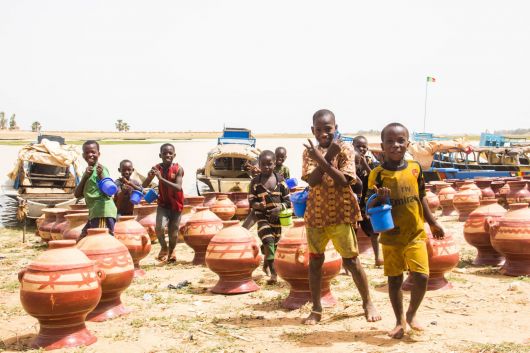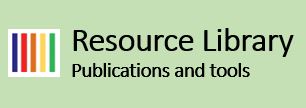28/08/2018 - Polder model 2.0 in Mali

Mopti is a town of historical significance and an important trading post along the Bamako, Segou, Mopti, Timbuktu route. The dry and wet season influences every aspect of life here: from rice farming to ‘elevated’ roads for the rainy season, to irrigation systems and drought during the dry season. As Partners for Resilience (PfR) we have been active in Mopti for the past 2,5 years and some of our partners already for decades. I had the great opportunity to visit this fascinating place, where PfR is doing incredible work – bringing communities together to overcome challenges in water management, land-use and climate change.
‘We are now able to solve land issues’ shared a coalition representative. These coalitions are rather new in Mali as collaboration was mostly sector focussed until now: e.g. a fishermen association, pastoralists and farmers associations, all working within their own boundaries. While there is certainly value in sharing experiences and knowledge among like-minded people, it neglects cross-cutting themes such as access to water, land rights and women and youth empowerment.
Through the coalitions these subjects can now be discussed and implemented. In a way it's the Dutch Polder model 2.0 in Mali! PfR’s role is to strengthen the capacity of civil society organisations, coalitions and communities to understand and implement policy initiatives. E.g. helping to explain which laws and regulations are applicable, and could work to the advantage of these coalitions and communities. An example that was shared was that women have right to 15% of land for development. This might not look like a lot, however traditionally land cultivation was a men’s job.
Moreover, many communities were not aware of this regulation and therefore could not implement this. Could I say that knowledge is power? It certainly helps, as owning land would give women (and other vulnerable groups) the opportunity to grow crops and provide an income for themselves – creating a financially stable environment. Proper documentation is key here as previously women were chased away from their land, needing to start again from scratch. With the proper legal documents they have the opportunity to break through this vicious cycle.
I am truly impressed by what has been achieved in this part of Mali. The resilience of communities, and if anything the collaboration among people, has slowly but steadily improved over time. This is all the more commendable as the security situation is central Mali is deteriorating. Ethnic groups are murdering each other while armed groups try to extend their (religious) influence and sharia law. A community representative touched upon this while we were having dinner. He stood up and said: ‘I am proud that in my community Fula and Dogon people can work and live peacefully together and can fight with arguments instead of with guns.’ All others at the table gave him a warm round of applause. I realised how special his statement was, as only a week before 32 people got killed in a town not too far from Mopti.
The tense security situation also displayed itself on my last day in Mopti. A compound of the G5 (an economic and military collaboration between five West-African countries, a bit like the EU in its early days) was targeted by suicide bomber and 6 people got killed. It happened nearby the compound where I was getting ready to depart to the airport. After some substantial delay we were given the green light to drive to the airport. We drove through a deserted town, almost a ghost town - while in previous days a lot of trading took place - people right now have fled into their houses for safety.
It leaves me with a mixed feeling that I can write this in complete freedom while so many people I spoke with live their lives in insecurity. They are adapting to the insecure situation that is evolving – trying to make a living for themselves and their family. On one hand I am happy with the positive developments and statements I have witnessed in these communities. On the other hand I am worried and I realise that living in security and freedom is one of the greatest goods in life.





